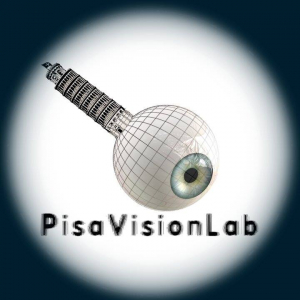Early Cross-modal Plasticity in Adults, J Cogn Neurosci, 3 (29), 520-529.
It is known that, after a prolonged period of visual deprivation, the adult visual cortex can be recruited for nonvisual processing, reflecting cross-modal plasticity. Here, we investigated whether cross-modal plasticity can occur at short timescales in the typical adult brain by comparing the interaction between vision and touch during binocular rivalry before and after a brief period of monocular deprivation, which strongly alters ocular balance favoring the deprived eye. While viewing dichoptically two gratings of orthogonal orientation, participants were asked to actively explore a haptic grating congruent in orientation to one of the two rivalrous stimuli. We repeated this procedure before and after 150 min of monocular deprivation. We first confirmed that haptic stimulation interacted with vision during rivalry promoting dominance of the congruent visuo-haptic stimulus and that monocular deprivation increased the deprived eye and decreased the nondeprived eye dominance. Interestingly, after deprivation, we found that the effect of touch did not change for the nondeprived eye, whereas it disappeared for the deprived eye, which was potentiated after deprivation. The absence of visuo-haptic interaction for the deprived eye lasted for over 1 hr and was not attributable to a masking induced by the stronger response of the deprived eye as confirmed by a control experiment. Taken together, our results demonstrate that the adult human visual cortex retains a high degree of cross-modal plasticity, which can occur even at very short timescales.
